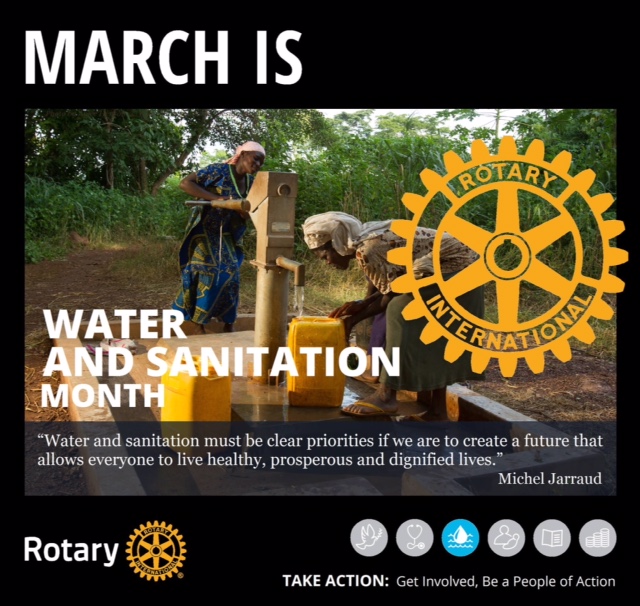 There are 2.1 billion people worldwide who must rely on water contaminated with faeces, putting them at risk of contracting cholera, dysentery, typhoid, polio and other waterborne diseases.
There are 2.1 billion people worldwide who must rely on water contaminated with faeces, putting them at risk of contracting cholera, dysentery, typhoid, polio and other waterborne diseases.In 1993, the UN General Assembly designated March 22 as World Water Day. It is now a globalised event.
The UN’s Sustainable Development Goals, launched in 2015, include a target to ensure everyone has access to safe water by 2030, making water a key issue in the fight to eradicate extreme poverty.
Safe water is shorthand for a safely managed drinking water service. Water that is accessible on the premises, available when needed, and free from contamination.
In 2010, the UN recognized “the right to safe and clean drinking water and sanitation as a human right that is essential for the full enjoyment of life and all human rights.”
The human right to water entitles everyone, without discrimination, to sufficient safe, acceptable, physically accessible and affordable water for personal and domestic use; which includes water for drinking, personal sanitation, washing of clothes, food preparation, and personal and household hygiene.
The theme for World Water Day 2019 is ‘Leaving no one behind’. This is an adaptation of the central promise of the 2030 Agenda for Sustainable Development: as sustainable development progresses, everyone must benefit.
.jpg)
- 2.1 billion people live without safe water at home.
- One in four primary schools have no drinking water service, with pupils using unprotected sources or going thirsty.
- More than 700 children under five years of age die every day from diarrhoea linked to unsafe water and poor sanitation.
- Globally, 80% of the people who have to use unsafe and unprotected water sources live in rural areas.
- Women and girls are responsible for water collection in eight out of ten households with water off-premises.
- For the 68.5 million people who have been forced to flee their homes, accessing safe water services is highly problematic.
- Around 159 million people collect their drinking water from surface water, such as ponds and streams.
- Around 4 billion people – nearly two-thirds of the world’s population – experience severe water scarcity during at least one month of the year.
- 700 million people worldwide could be displaced by intense water scarcity by 2030.
Rotary enables the provision of clean water to problem areas through the purchase and installation of SkyHydrants. These are water purification units, which produce safe drinking water without the need for power or chemicals.
The SkyHydrant is a low cost, lightweight (16 kg) filtration system, which is portable and easy to deploy in the field.
Each SkyHydrant unit can produce up to 10,000 litres or more of clean water, every day. That’s enough water for the essential domestic needs of 500–1000 people.

